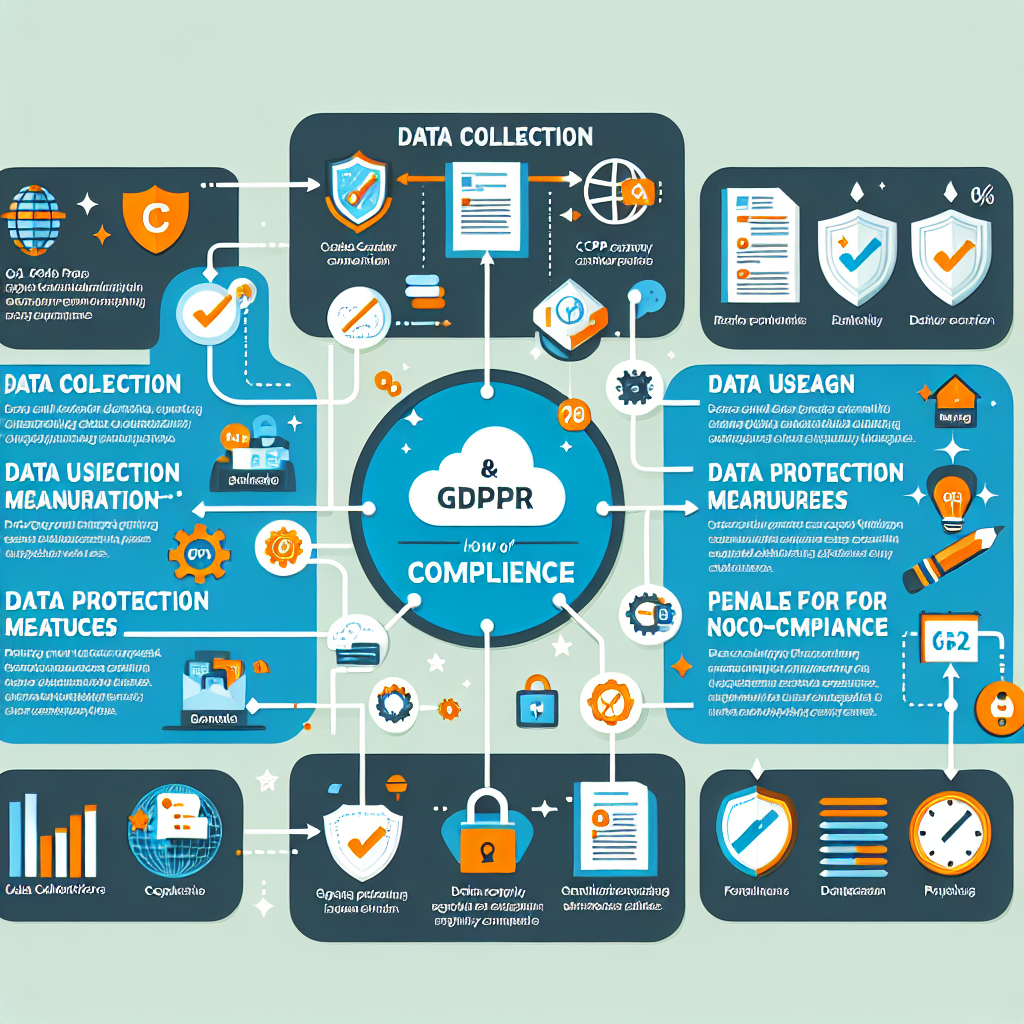Understanding Cyber Insurance: Policies and Coverage Details

In today’s interconnected world, businesses across all industries rely heavily on digital infrastructure to operate efficiently. With this reliance comes an increased risk of cyber threats, ranging from data breaches to ransomware attacks. Cyber insurance has emerged as a critical safeguard for businesses looking to mitigate financial and reputational damages caused by such incidents. But what exactly does cyber insurance cover, and how can businesses choose the right policy? Let’s dive into the details.
What Is Cyber Insurance?
Cyber insurance, also known as cybersecurity insurance or cyber liability insurance, is specifically designed to help organizations recover from cyberattacks and other technology-related risks. It provides financial protection and support for dealing with the aftermath of these incidents, allowing businesses to focus on recovery without facing crippling costs.
Coverage Details of Cyber Insurance
While coverage may vary depending on the provider and specific policy, most cyber insurance plans typically offer protection in the following key areas:
1. Data Breach Response
One of the most critical components of cyber insurance is coverage for data breaches. This includes costs related to notifying affected individuals, offering credit monitoring services, conducting forensic investigations, and hiring legal counsel to navigate compliance requirements.
2. Business Interruption
Cyberattacks can disrupt operations, leading to lost revenue and additional expenses to restore systems. Cyber insurance policies often cover these losses, ensuring businesses can maintain financial stability during downtime.
3. Ransomware and Extortion
Ransomware has become one of the most prevalent cyber threats. Cyber insurance can cover ransom payments (if deemed legal) and costs associated with negotiating and resolving extortion demands.
4. Legal and Regulatory Expenses
Many cyber incidents trigger legal consequences, such as lawsuits or regulatory fines. Policies typically cover legal defense costs, settlements, and penalties related to non-compliance with data protection laws like GDPR or HIPAA.
5. Third-Party Liability
If an attack on your systems impacts customers, suppliers, or other third parties, cyber insurance can cover claims made against your business for damages or losses they incur.
6. Crisis Management
Rebuilding trust after a cyberattack is crucial. Cyber insurance often includes coverage for public relations efforts, reputation management, and communication strategies to restore confidence in your brand.
7. Cybersecurity Tools and Services
Some policies may provide access to cybersecurity experts, tools, or services to help strengthen your defenses against future attacks. This could include risk assessments, employee training, and system upgrades.
What Isn’t Covered by Cyber Insurance?
While cyber insurance offers robust protection, it’s important to understand its limitations. Common exclusions include:
- Acts of War or Terrorism: Attacks attributed to foreign governments or terrorist organizations may not be covered.
- Negligence: If a business fails to implement basic cybersecurity measures, claims might be denied.
- Pre-Existing Vulnerabilities: Incidents resulting from known vulnerabilities that were not addressed may be excluded.
Choosing the Right Cyber Insurance Policy
Selecting a cyber insurance policy requires a thorough assessment of your business’s risk profile and needs. Here are a few tips:
- Evaluate Your Risks: Consider the nature of your business, the type of data you handle, and your cybersecurity measures.
- Compare Providers: Review policies from multiple insurers to identify the best coverage at competitive rates.
- Understand Limits and Deductibles: Ensure the policy limits align with your potential exposure to losses.
- Seek Expert Advice: Consult with insurance brokers or cybersecurity professionals to make an informed decision.
The Bottom Line
Cyber insurance is a vital safety net for businesses operating in the digital age. By understanding the coverage details and exclusions, you can ensure you’re adequately protected against the ever-evolving landscape of cyber threats. Investing in a reliable policy not only minimizes financial risks but also helps you maintain trust with customers and stakeholders in the event of an attack.

